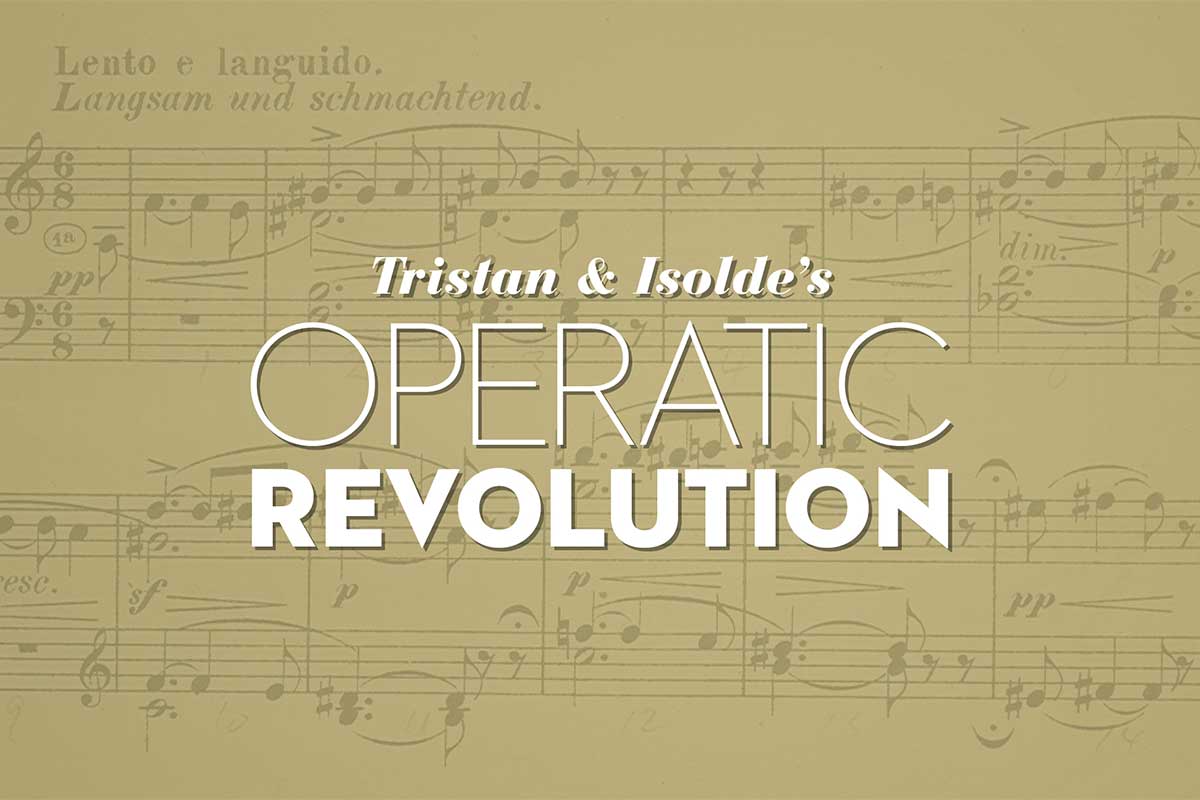
Western classical music between the death of Bach and the death of Schoenberg, thus from about 1750 to 1950, can be divided into B.T. and A.T.: Before and After Tristan. It is no exaggeration to say that Wagner’s opera Tristan and Isolde, completed in 1859 and premiered in 1865, changed the course of music history. It provoked controversies among composers, critics, and audiences that have not stopped to this day.
Many would embrace and emulate the revolutionary musical language that Wagner created for his operatic retelling of the medieval legend of two ill-fated lovers who could find fulfillment only in death. Others were repelled, or even bored, by a long opera in which there are so few consonant harmonies, so few characters, and so little traditional stage action.
The impact of Tristan...











Comments
Log in to join the conversation.